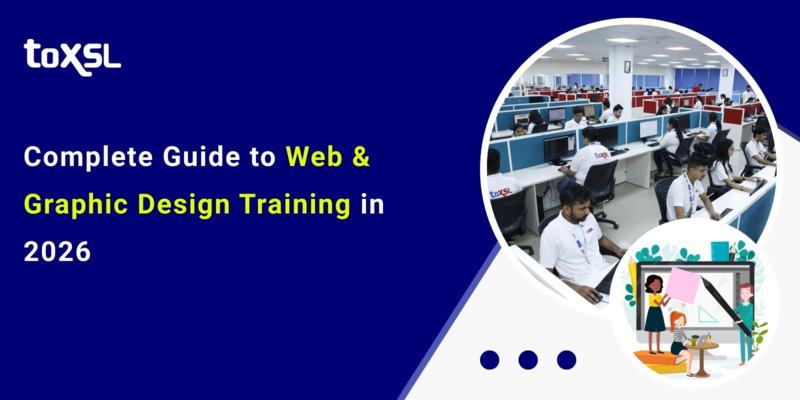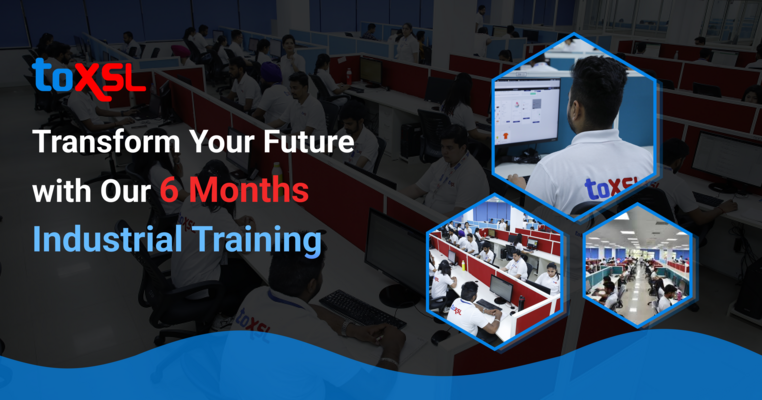Syllabus
Month 1: Introduction to Linux and Basic Administration
Module 1: Introduction to Linux
- Overview of Linux and its Distributions
- Installing a Linux Distribution (e.g., Ubuntu, CentOS)
- Navigating the Linux File System Hierarchy
- Basic Shell Commands and Usage
Module 2: Basic System Administration
- File and Directory Operations (ls, cp, mv, rm, mkdir)
- Permissions and Ownership (chmod, chown, chgrp)
- Managing Users and Groups (useradd, groupadd, passwd)
- Basic Shell Scripting (Bash): Variables, Loops, Conditionals
Module 3: System Monitoring and Performance
- Monitoring System Resources (top, htop, vmstat)
- Disk Usage and Management (df, du, fdisk, mkfs)
- Managing Processes and Services (ps, kill, systemctl)
- Basic Network Configuration (ifconfig, ip, ping)
Module 4: Package Management and Software Installation
- Understanding Package Managers (APT for Debian-based, YUM/DNF for RHEL-based)
- Installing, Updating, and Removing Software
- Managing Repositories and Dependencies
Month 2: Advanced System Administration
Module 5: Networking and Security
- Advanced Networking Concepts (Routing, Subnetting)
- Network Configuration and Troubleshooting (ip, netstat, traceroute)
- Basic Firewall Configuration (iptables, ufw)
- Securing SSH Access (key-based authentication, disabling root login)
Module 6: System Services and Daemon Management
- Introduction to Systemd and SysVinit
- Managing Services and Systemd Units (systemctl, journalctl)
- Service Configuration and Custom Services
Module 7: Storage and File Systems
- File System Types and Mounting (ext4, xfs)
- Managing Disk Partitions and Logical Volumes (LVM)
- Backup and Recovery Solutions (tar, rsync, cron jobs)
Module 8: Virtualization and Containers
- Basics of Virtualization (KVM, VirtualBox)
- Managing Virtual Machines and Resources
- Introduction to Docker: Containers, Images, and Basic Commands
Month 3: Advanced Topics and Capstone Project
Module 9: Configuration Management and Automation
- Introduction to Configuration Management Tools (Ansible, Puppet)
- Writing and Using Ansible Playbooks for Automation
- Automating Common Administrative Tasks
Module 10: Advanced System Troubleshooting
- Debugging Boot Issues and Recovery
- Common System Issues and Troubleshooting Techniques
- Diagnostic Tools (strace, lsof)
Module 11: Centralized Logging and Monitoring
- Setting Up Centralized Logging (syslog, ELK Stack)
- Implementing Monitoring Solutions (Nagios, Prometheus)
- Configuring Alerts and Notifications
Training highlights:
- 100% Practical Training + Live projects
- In House Placements
- Training by experienced mentors cum developers.
- Daily assignments & notes will be provided.
About ToXSL:
- Tremendous Growth Opportunity!!
- Work with the newest and most cutting edge technologies!
- High Visibility, Autonomous Role in a Collaborative Environment!
- Outstanding Work/Life Balance!
- Competitive Compensation, Benefits, and other Perks!!
SCHOLARSHIP AVAILABLE!








